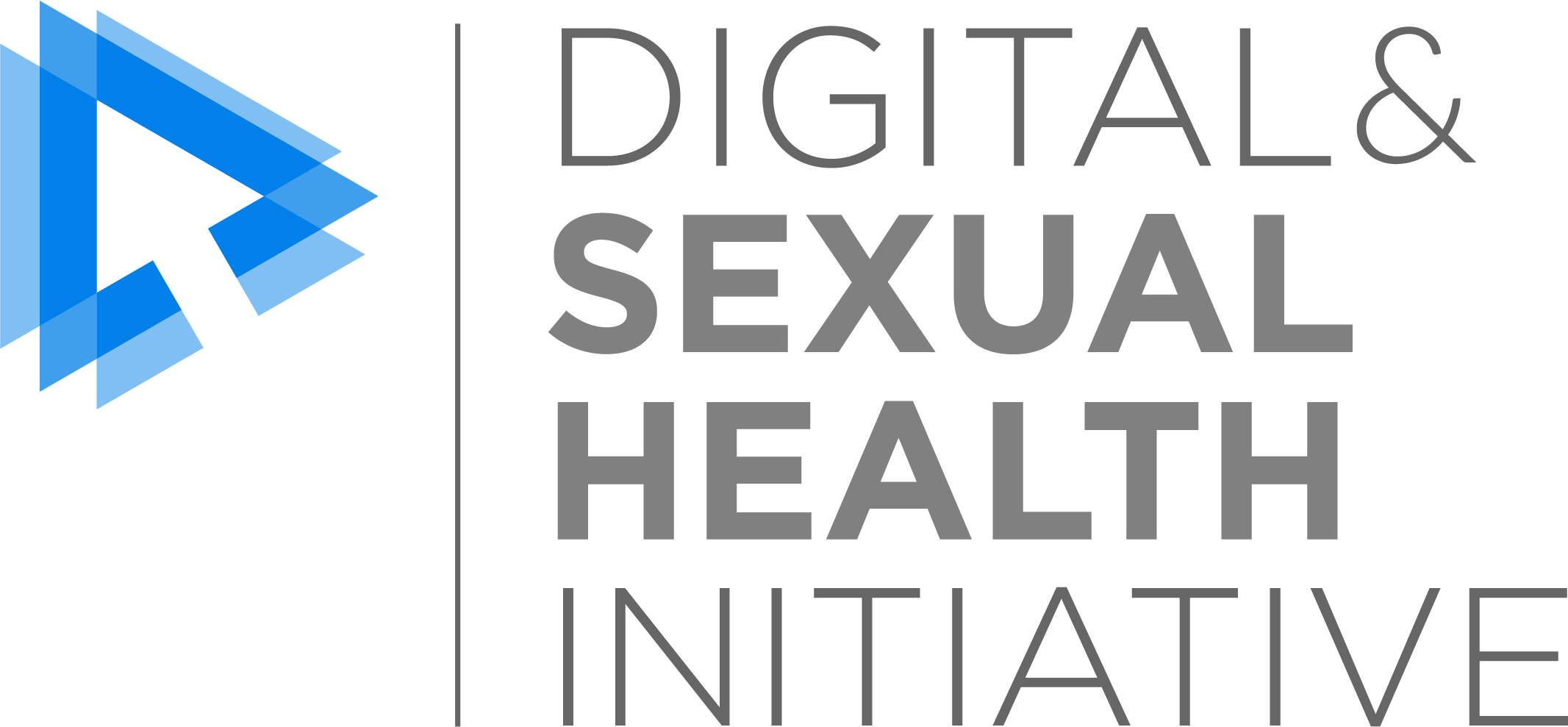Scaling up an online STI and HIV testing program in British Columbia
Research theme(s)
Internet Based Testing
Devon Haag, Travis Salway, Kimberly Thomson, Mark Bondyra, Maja Karlsson, Sophie Bannar-Martin, Elizabeth Colangelo, Troy Grennan, Shannon Kopp, Trevor Corneil, Dee Hoyano, Mel Krajden, Mark Gilbert
eHealth Annual Conference and Tradeshow, Toronto, Ontario, June 4-7, 2017
Purpose
In response to increasing rates of sexually transmitted and blood-borne infections (STI/BBI) and a desire for more patient-centered sexual health services in British Columbia (BC), the BC Centre for Disease Control (BCCDC) developed an internet-based STI/BBI testing service (GetCheckedOnline, GCO). Integrated with clinical and public health services, GCO is a “virtual clinic” of the BCCDC, developed to reduce known barriers to testing. GCO launched in Vancouver in 2014, then expanded to other regions of the province in 2016. We describe the process and early outcomes of scaling-up this online intervention across a complex health care system.
Approach
BCCDC developed an expansion plan in collaboration with regional health authority (RHA) stakeholders. We established a core team with project leads from BCCDC and two RHAs (Island Health and Interior Health), and formed a provincial expansion advisory committee with representation from BCCDC, private and public health laboratories, Ministry of Health, and all six BC health authorities. Program indicators from all sites are routinely reported and feedback on the service from clients is collected through research studies.
Findings
The process took approximately 14 months from planning to implementation. Participating Island and Interior communities were selected based on higher STI/BBI rates and limited access to testing. A high degree of collaboration between BCCDC, RHAs and local clinical services was needed to determine procedures for follow-up of positive diagnoses. Support and interest at multiple levels of RHA leadership facilitated the successful implementation of GCO, while challenges faced have included physician engagement and timely access to treatment in some locations.
The scale-up has led to substantial increases in the uptake of GCO in Vancouver and at RHA sites. As of September 2016, RHA sites comprise 49% of new accounts, 38% of test episodes and 42% of positive STI diagnoses. Preliminary analyses suggest that GCO is reaching populations at risk; 19% of RHA clients have never previously tested for STI and 25% have never previously tested for HIV. Feedback from clients has been positive, indicating acceptability and satisfaction with the service.
Conclusion
This represents the first time in Canada that an integrated, internet-based STI testing service has been implemented beyond a single geographic area. Through our inter-agency collaborations, we have successfully scaled-up an online STI/BBI testing service which has high acceptability, increasing uptake, and has led to new STI diagnoses in the regions where implemented. We are continuing to work towards further scale-up in BC, and our model may be relevant for other Canadian jurisdictions.
